The U.S. Supreme Court is set to weigh in on a student loan debt forgiveness policy that allowed the Biden administration to forgive $17 billion, according to Politico.
Newsweek has reached out to the White House via email and the Supreme Court via online form for comment on Saturday afternoon.
Why It Matters
Since taking office, President Joe Biden and his administration have made several efforts towards student loan forgiveness as the Department of Education (DOE) approved around $180 billion in student loan debt forgiveness. This affected almost 5 million Americans, and millions of others saw lower monthly payments due to Biden's income-driven repayment programs. However, it comes as the Supreme Court has previously struck down Biden's sweeping forgiveness efforts.
What To Know
The Court is set to weigh in on a controversial Biden administration rule designed to simplify the process for student loan borrowers defrauded by their colleges to seek loan forgiveness.
As of April 2024, the Biden administration has canceled more than $17 billion in loans for borrowers defrauded by their institutions, using the borrower defense to repayment rule. Originally introduced in 1994, the rule was updated in 2016, 2019, and most recently in 2022 under Biden's leadership. The latest revision aimed to provide greater clarity on the criteria for filing claims and officially took effect in 2023.
However, the review by the highest court follows a lower court decision that blocked the rule, when the Biden administration's efforts faced a major legal hurdle in 2023 when Career Colleges and Schools of Texas (CCST) filed a lawsuit challenging the policy. CCST argued that the updated borrower defense rule made it too easy for students to claim relief, potentially harming for-profit institutions.
Later that year, the 5th U.S. Circuit Court of Appeals sided with CCST, halting the rule's implementation nationwide. The court's decision imposed significant restrictions on the DOE's ability to grant relief, stating that forgiveness could only be awarded if a borrower had defaulted on their loan and the government had initiated legal action to collect on it.
The ruling has since sparked a heated debate over the scope of federal authority in addressing student debt and could have lasting implications for borrowers and higher education institutions alike.
The Court will consider whether or not the lower court erred in ruling that the Higher Education Act of 1965 doesn't allow for borrowers to file for borrower defense before default.
This comes as President-elect Donald Trump prepares to take office on January 20, with many Americans across the country wondering what this will mean for their student loans.
Concerns from borrows comes as Trump has historically been against student loan forgiveness, and his impact on the DOE could have wide and sweeping effects.
Based on Trump's track record, student loan borrowers are unlikely to see any more relief under the new administration. During his first term, his administration pushed for monthly payments to increase from 10 to 12.5 percent of borrowers' discretionary income and also sought to merge all income-driven repayment plans into one simplified option. In his second term, these moves could come up again.

What People Are Saying
Jason Altmire, president and chief executive officer of Career Education Colleges and Universities, told Politico on Friday the Court's decision does not validate the Biden administration's arguments.
"It simply means that the Supreme Court will hear arguments as to the scope of the Department of Education's authority related to [the borrower defense rule]. It remains to be seen how the incoming Trump administration will argue the government's side of the case, but we strongly believe the facts of the case will show the Department's onerous [borrower defense rule] went well beyond the agency's authority," Altmire said.
Eileen Connor, the president of the Project on Predatory Student Lending told Politico in an interview on Friday, "The reason the administration wanted the Supreme Court to look at the case is because it's fundamentally wrong and stripping away a critical protection for students that Congress inarguably authorized. I hope this will be an opportunity to correct the 5th Circuit."
Kevin Thompson, the founder and CEO of 9i Capital Group, previously told Newsweek: "Borrowers shouldn't expect much relief under Trump. He has never been a proponent of widespread debt forgiveness, and history suggests he sees personal responsibility as the foundation of financial obligations. Trump University's $25 million settlement serves as a reminder that he doesn't part with money easily, and many believe he carries a vendetta against anything that resembles a government bailout for individuals."
What Happens Next
While it is unclear what Trump will do once in office, with the Court agreeing to review the lower court's ruling in the borrower defense rule, the future of the Biden administration's efforts to expand loan forgiveness could be at risk. If the rule is curtailed, it would mark a significant setback for Biden's signature policies on student debt—a focal point of his presidency.


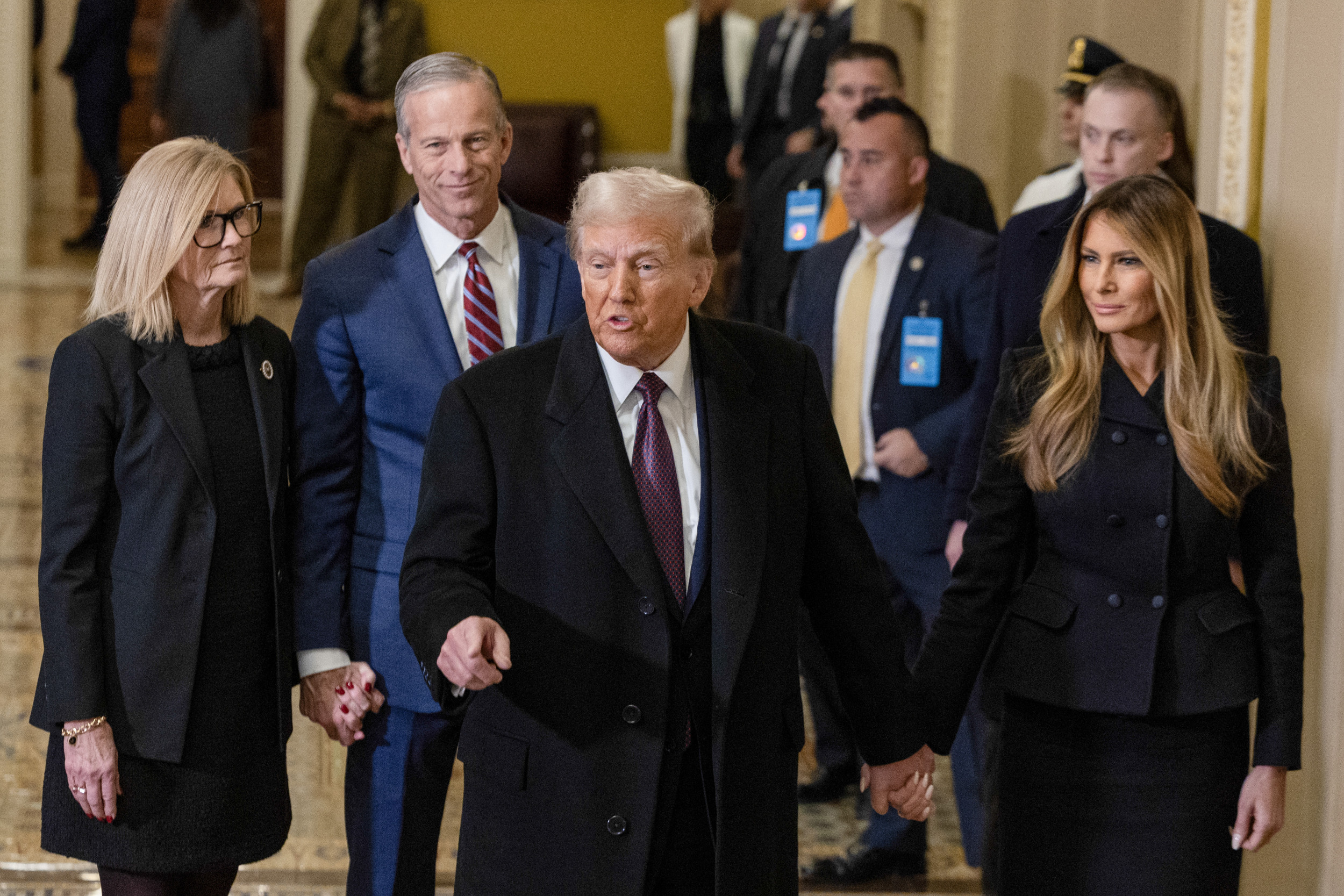


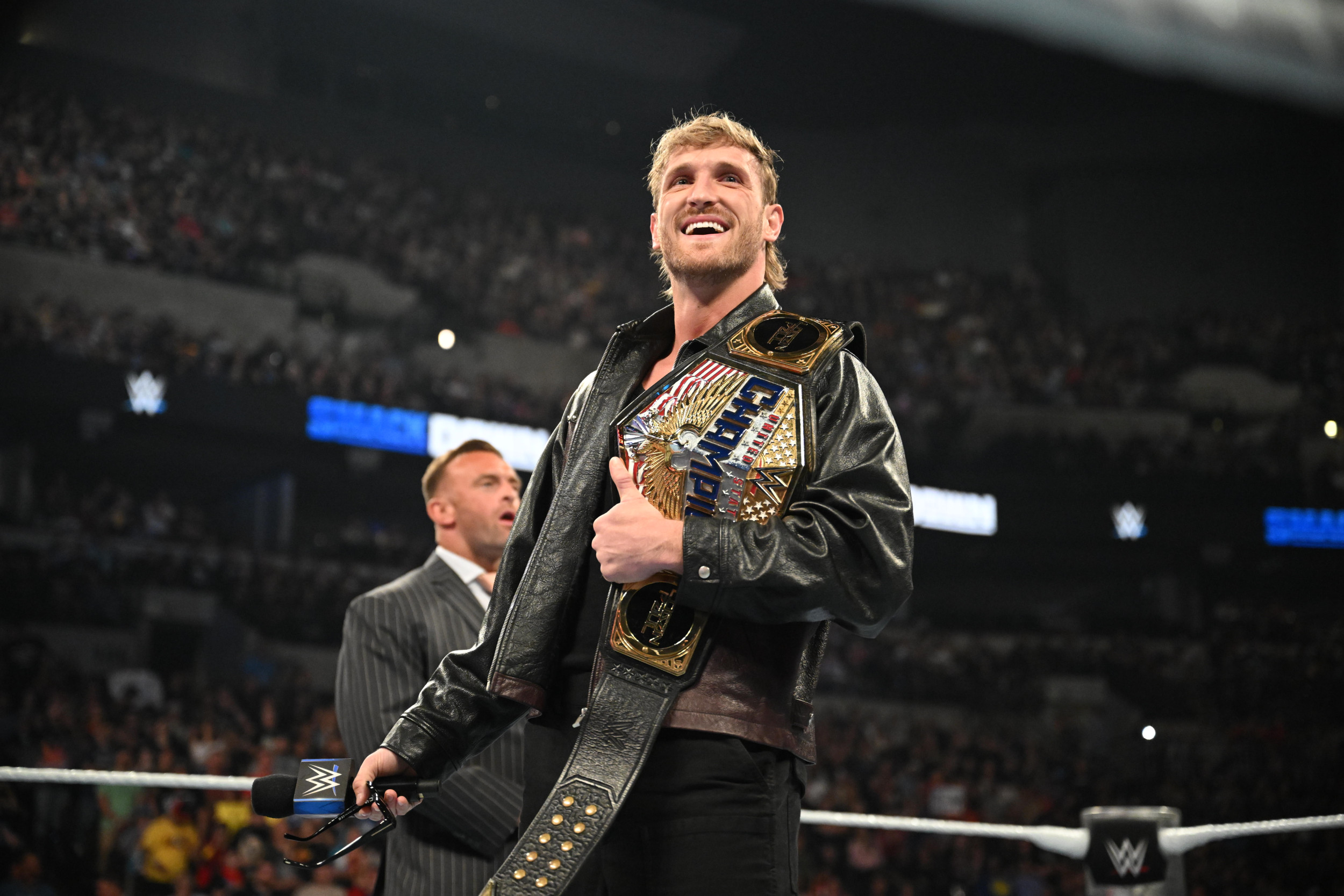
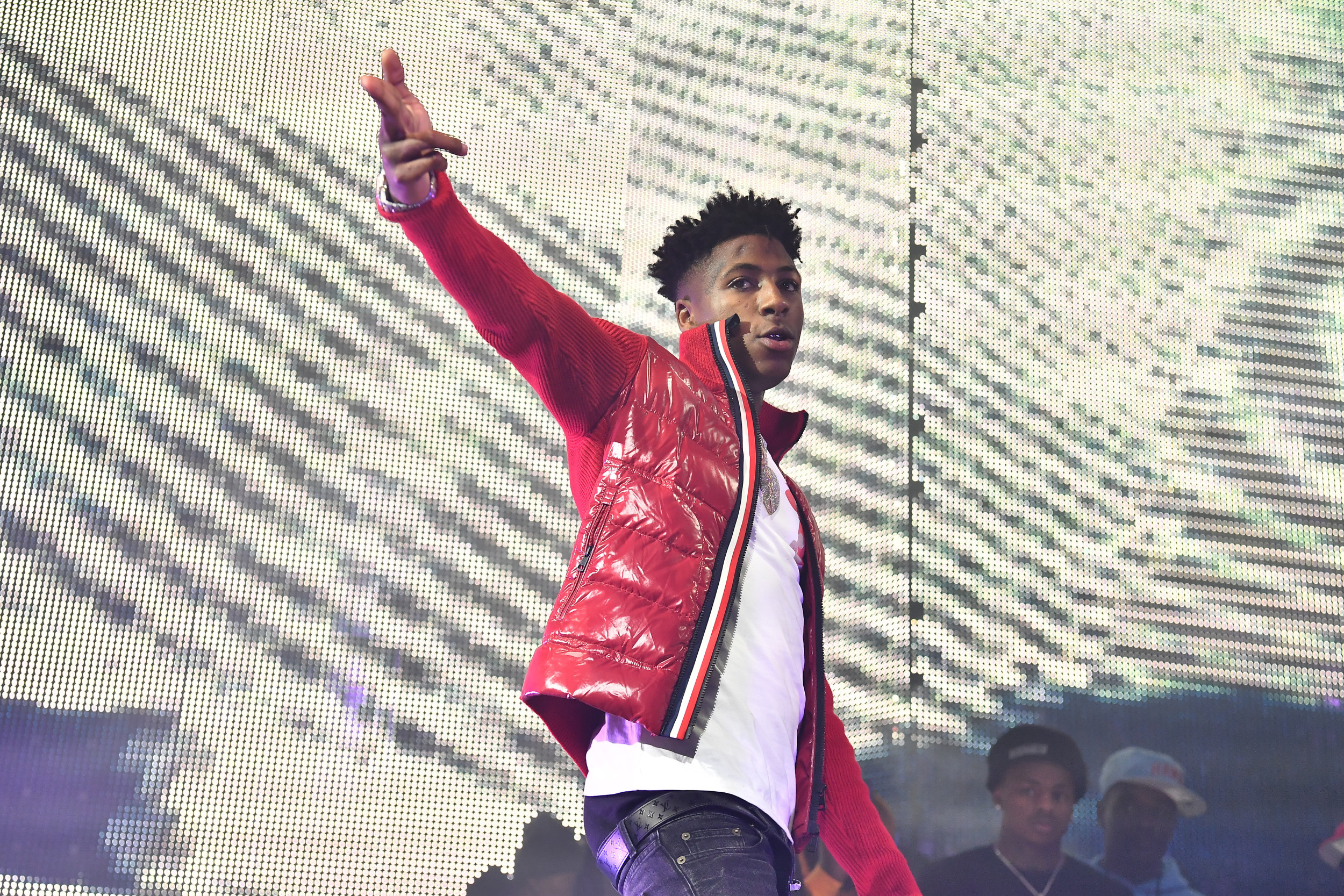

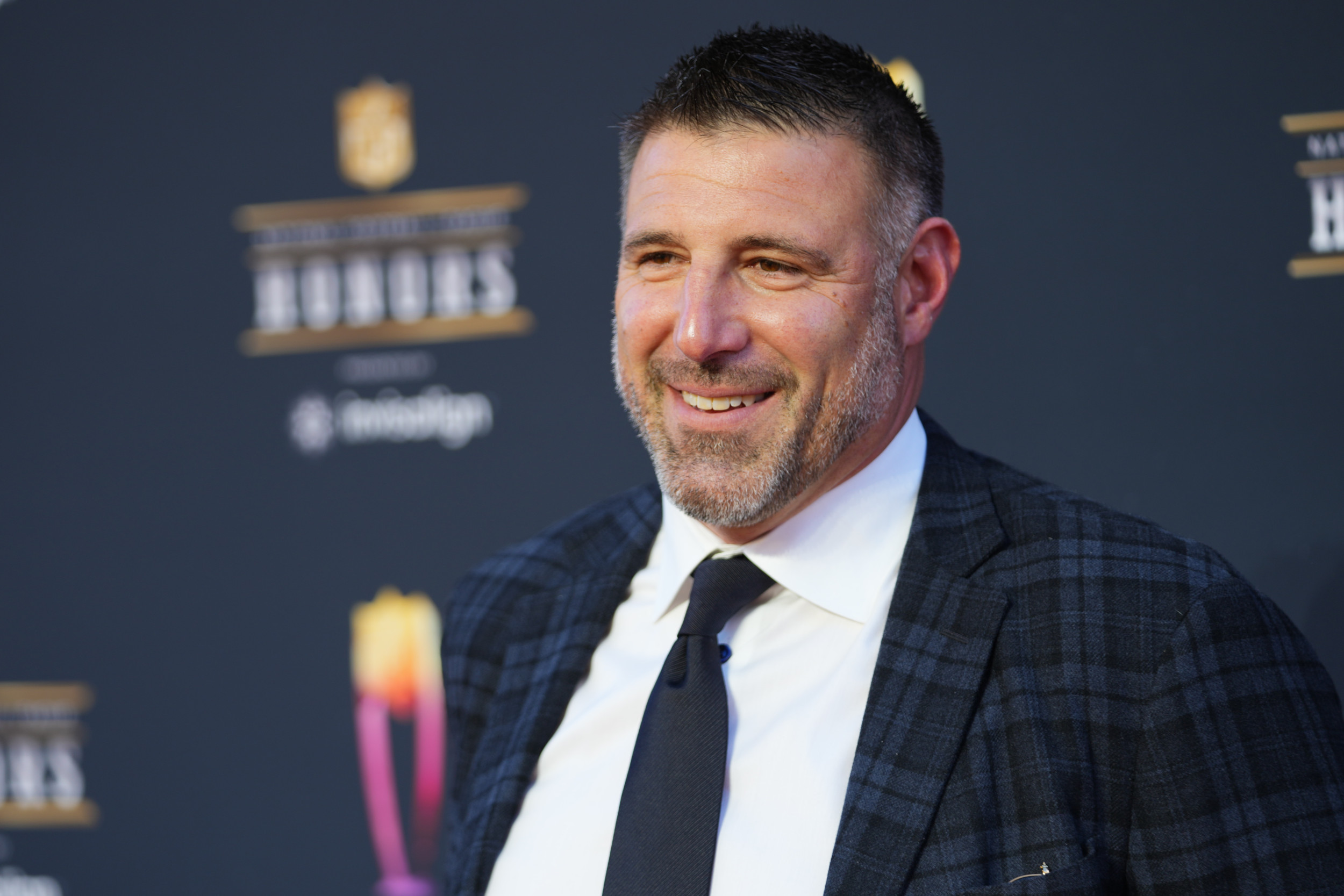
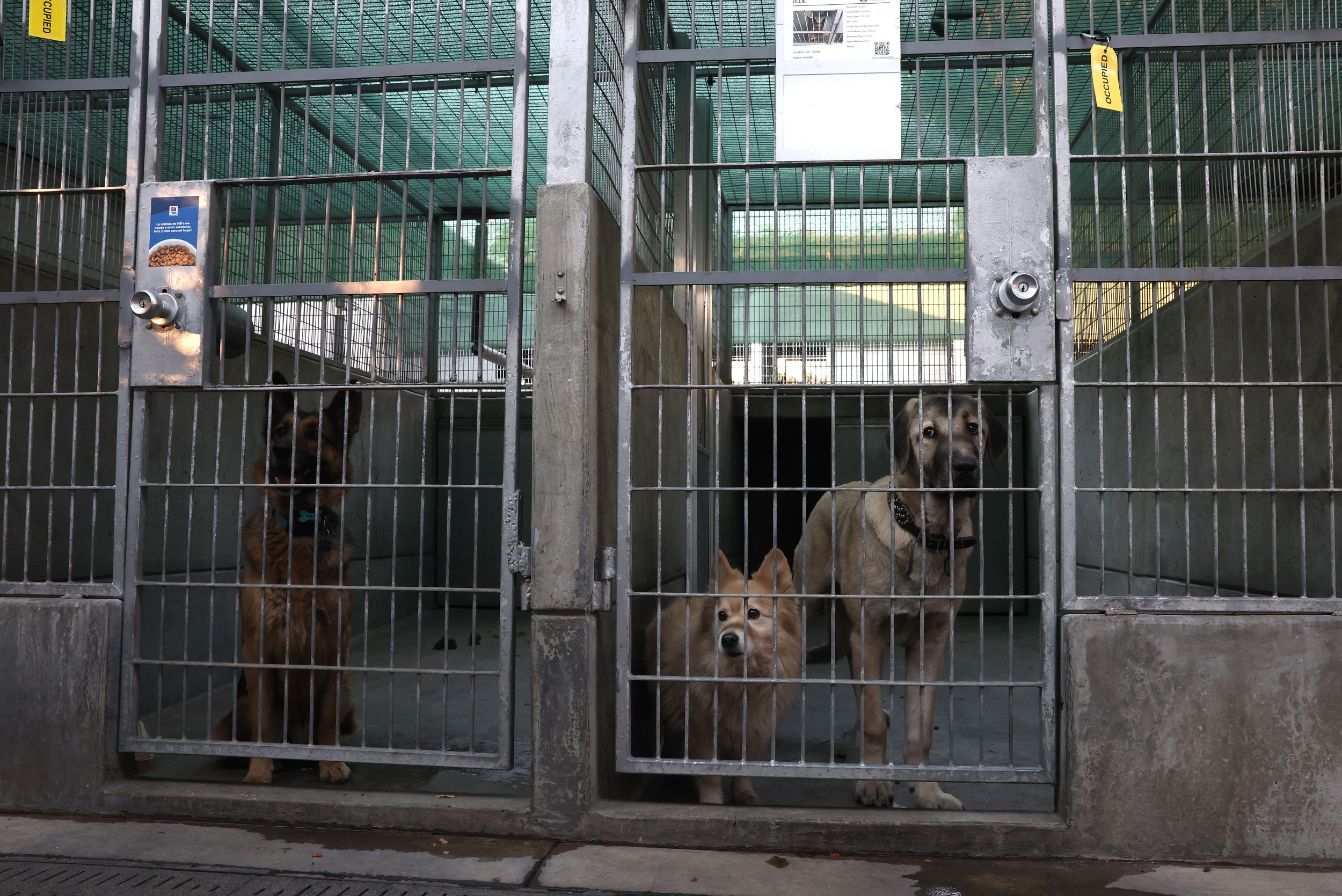
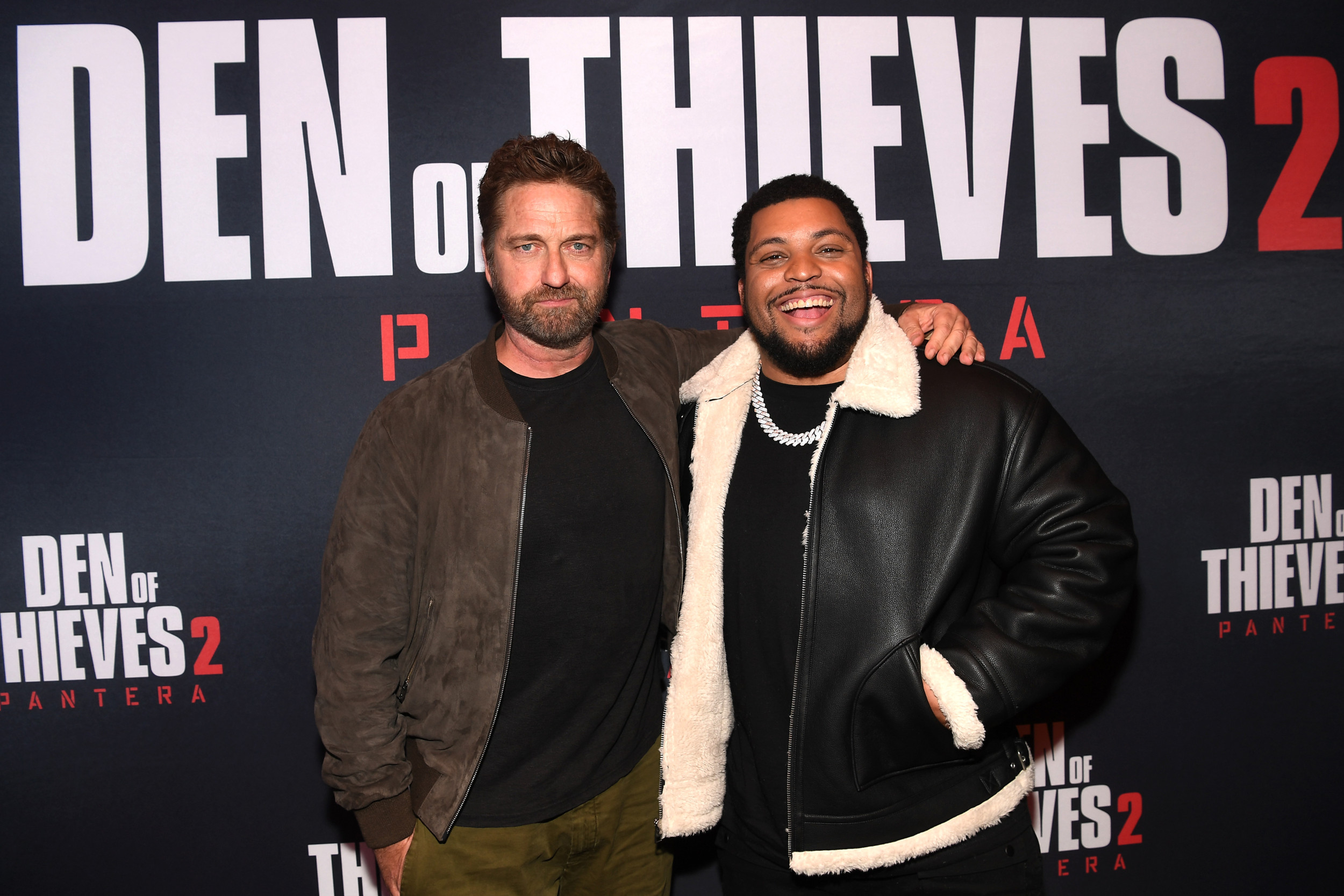









 English (US) ·
English (US) ·